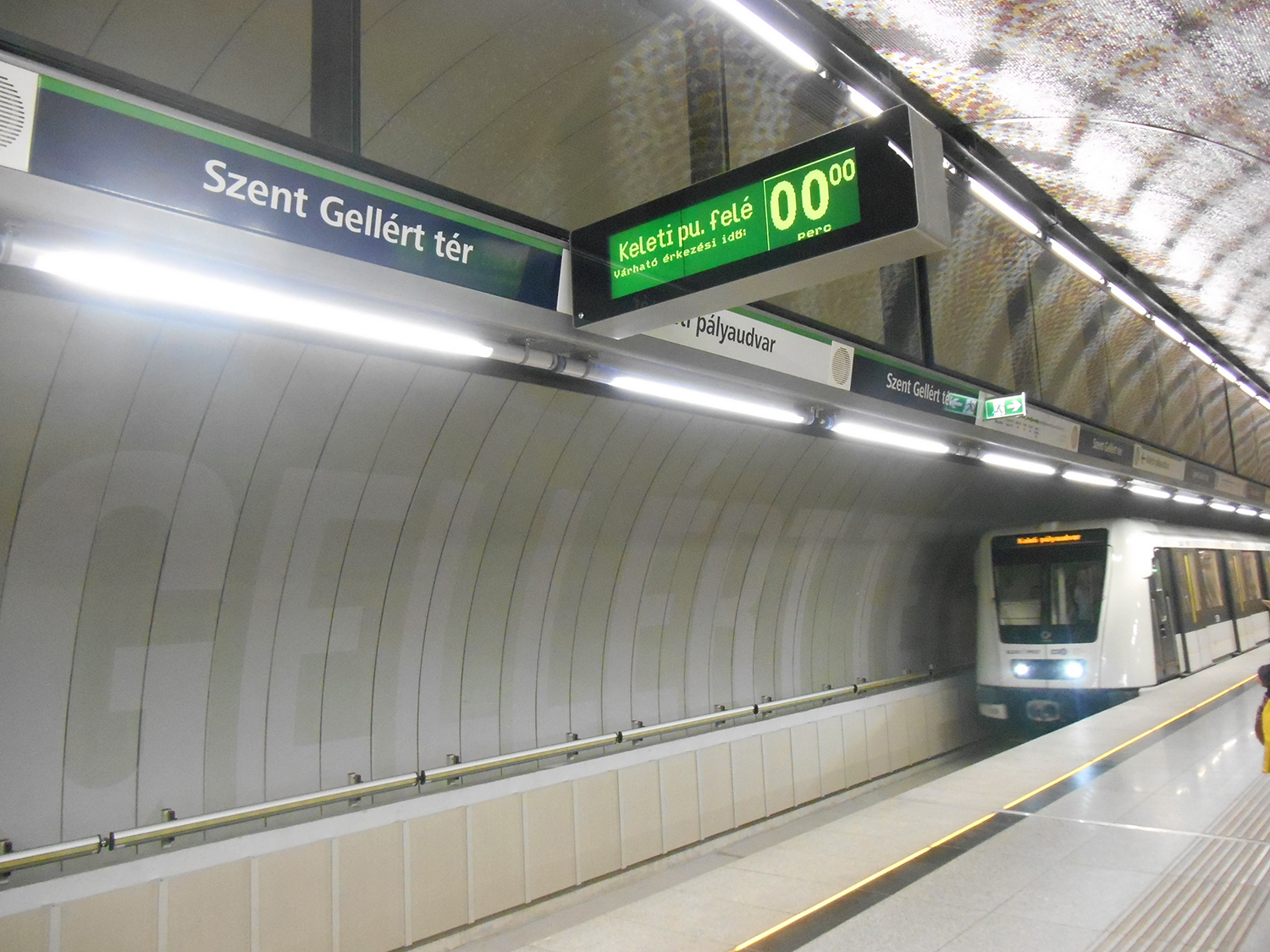The Hungarian government is examining the possibility of a discounted monthly transportation ticket, which is the same policy recently introduced for local and regional public transport in Germany, Minister for Technology and Industry László Palkovics said in Berlin on Wednesday.
After a meeting with the German federal minister for transport and digital infrastructure, Volker Wissing, Palkovics said that energy prices have risen, and the German government has made a “wise decision” by introducing a “9-euro ticket,” which has been a huge success so far; it has also helped encourage many people looking to switch from using a car to public transport.
Germany introduced the so-called “9-euro ticket” for the months of June, July, and August. The move will cost €2.5 billion in compensations to rail and bus operators.
“The Hungarian government is also examining this solution and will soon make a decision on the matter,” said Palkovics.
Speaking about the Hungarian-German governmental cooperation, he underlined that the economies and politics of Hungary and Germany are also interlinked, so the cooperation will continue to be “a very important necessity, but it is a good kind of necessity.”
He pointed out that his meeting with Wissing was the first ministerial-level meeting since the new Hungarian government took office at the end of May. He pointed to the many factors the two countries have in common, noting that the automotive industry and transport are key industries in both countries, and car production in Hungary is largely tied to Germany.
Palkovics explained that the technologies that will determine the sector in the near future, such as electric and hydrogen-based propulsion technology, and the topic of synthetic fuels, were also discussed. In this regard, the common position is that there is no “single good direction” but a choice between several solutions. Therefore, the Hungarian and German governments agree that in political decision-making,
the principle of technology neutrality must be enforced, i.e., each country must be given the opportunity to decide which path to take.
It is certain that reducing environmental load and carbon dioxide emissions is an important aspect of any solution, “but let’s not determine in advance which is the only good direction,” said Palkovics.






